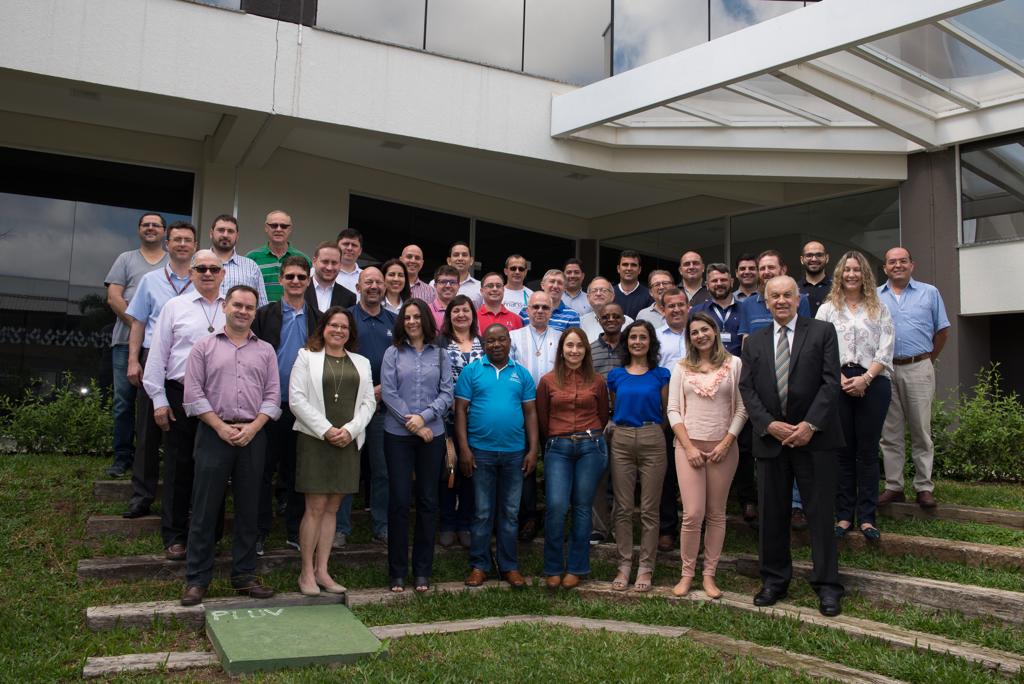
Evangelical administration of goods
From 1 to 26 of October a course was held in Curitiba, Brazil concerning formation in the area of economic matters of the Marist Institute. The Province of Brasil Centro-Sul, with the support of the Papal Catholic University of Paraná, organized the course which aimed to contribute to spreading the knowledge of the Marists of Champagnat in the diverse Provinces of the world and representatives of the Society of Mary, where there is more than enough administration of goods and the revision of best economic practices in line with the Guidelines of the Church.
With this formation it is the intention of the Marist Institute to forward suggestions so that the participants can guarantee the economic and financial sustainability of their Provinces, Districts and Regions in the years to come, with an eye to guaranteeing the sustainability of our charism and mission.
The first part of the course was carried out in Portuguese and Spanish, and at the same time there are plans being made for the course to accommodate English-speaking participants which will take place in 2019 in the Philippines.
The course was conceived keeping in mind the guidelines of the Institute in the face of the challenges of the XXII General Chapter and the expectations of the Provinces, manifested in the survey carried out in September of 2017. The data were compiled and analyzed by Brother Libardo Garzón Duque, the Econome General, and professors of the School of Business of the PUCPR coordinated by Professor Silvana Hastreiter.
After analysis, a group of modules was prepared which contained three areas of formation:
- identity of the Marist Institute and the challenges and horizons of the General Chapter.
- strategic administration and government
- animation and leadership of teams.
Each one of the modules presented practical and technical activities, facilitating the exchange of experiences and the application of concepts and practices in different contexts.
At the end of the course, the participants were divided into groups to produce a final work. This is a project of intervention with the objective of developing solutions that can, indeed, be applied in the Provinces. The works were accompanied by the facilitator and then they were presented to the group of participants.
According to Brother Libardo, the reality of the Institute has many shades in how it organizes and negotiates its assets. At the same time, today, the bursars are more aware of the need to think like a global family and to act locally, feeling responsible for coordinated and competent administration in the Provinces."It is my belief that training is a key element in facing these challenges", he explains.
For him, the course is an excellent opportunity to form Brothers and Lay people in the appropriate administration of goods, according to the calls of the XX General Chapter and the last document of the Vatican dealing with economy in the service of the charism and mission.
